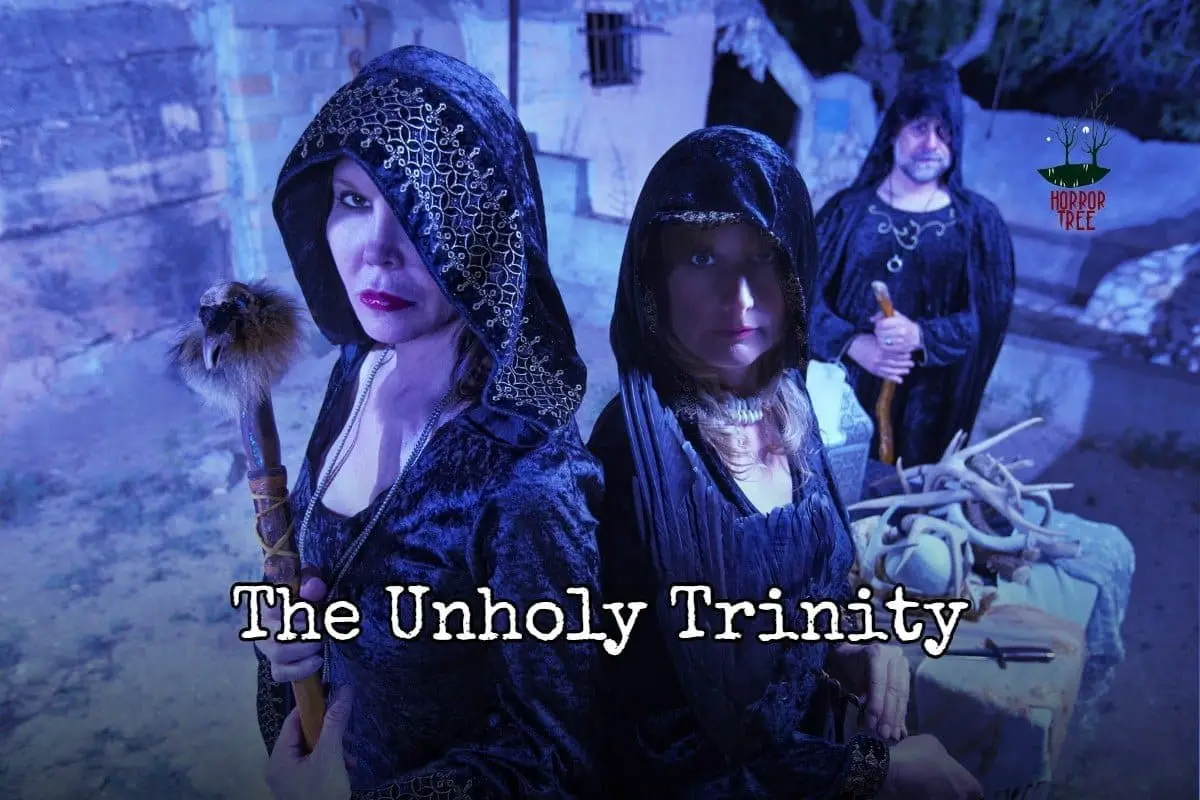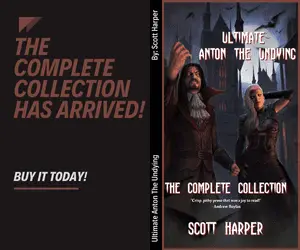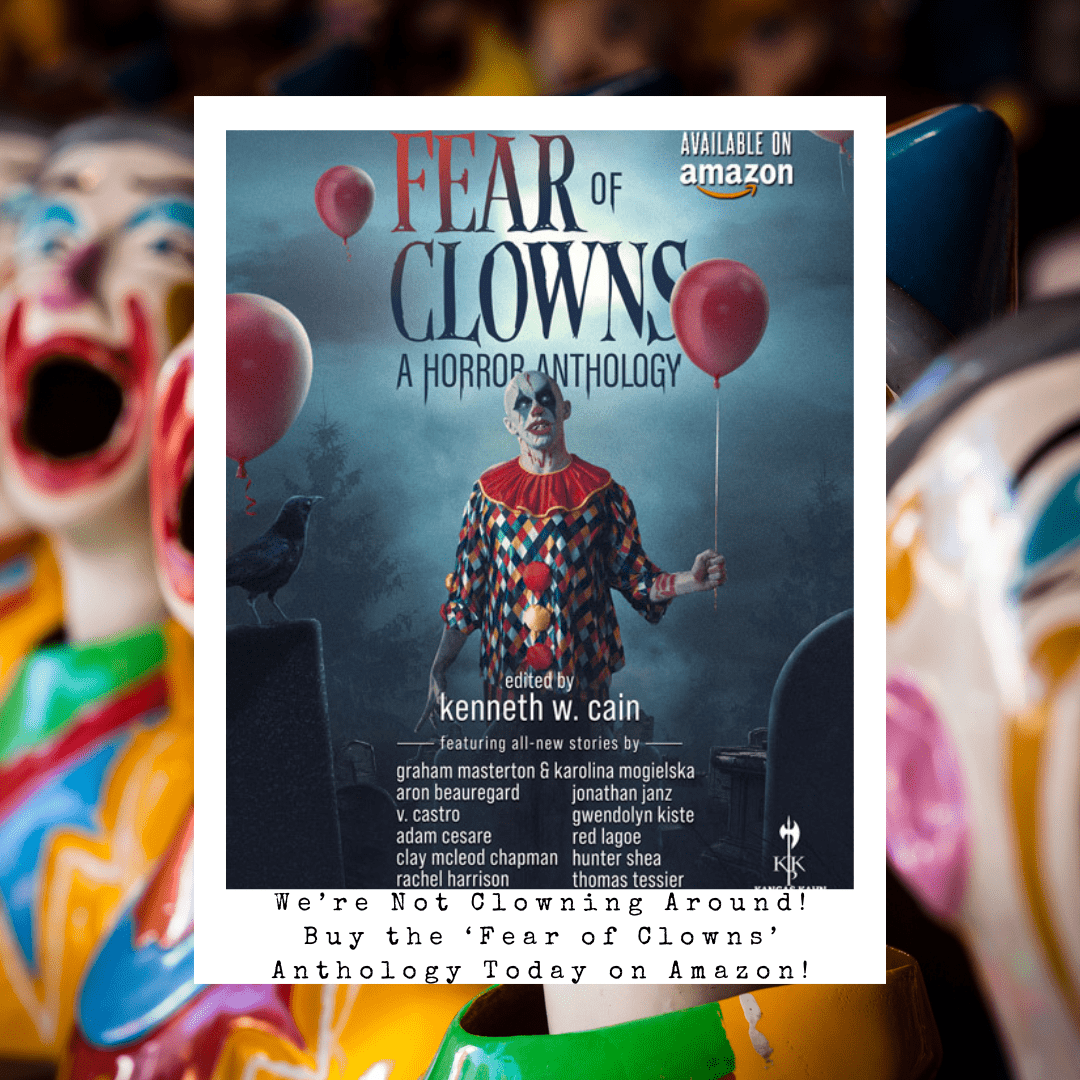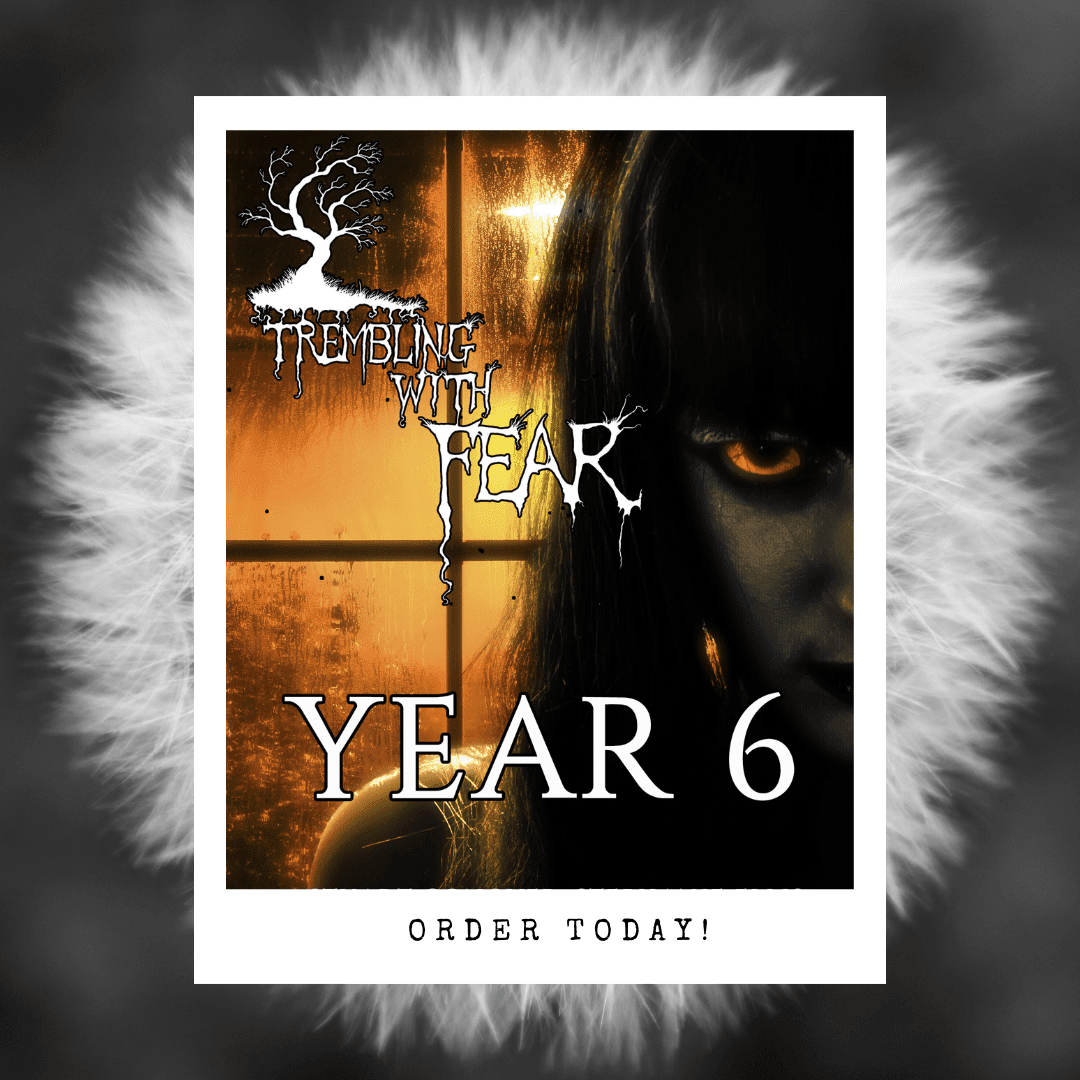Serial Saturday: Don’t Look at Me by Tom Little, Chapter Six
Chapter Six
Detective Marshall was on his way to the coroner’s office he when received a message.
“We’ve got a witness. Firsthand and alive. The South Street stories are true.”
That evening, Marshall met Helms at the police station. Waiting in his office, the Helms had a shaky little kid beside him.
“I just saw the body,” said Marshall. “You saw it happen?”
“The boy saw it all,” Helms answered. “He saw its face.”
“And then what happened?” Marshall turned to the boy.
The detective was asking for the unbelievable. Ferrill looked up from the tile floor. His voice ached. He hadn’t spoken since Grant’s death. “After it killed Grant, it tried to get away. Everyone else had shut their eyes, but I looked.”
He choked back tears. “It must’ve noticed, like it could feel me watching. It turned and looked right at me. It yelled like I scared it, then it felt like I was breathing it in. I couldn’t see it anymore, but I could still hear it babbling and crying. All the way deep down somewhere.” Ferrill looked up at Helms. “Is it gonna come out of me?”
Marshall swore to himself, somewhere between daunted and disbelief. Helms didn’t like this kid from the moment he saw him, but now he felt obligated to offer some comfort. At least to himself. “Not if you help us figure out what it is.”
Marshall studied the boy’s face. He wasn’t making this up, and he was scared. “We’ll take you to a hospital and put you through some tests, alright? That should determine if there’s anything harmful inside you now.” It sure beats an autopsy. “If they do find anything, they can put you to sleep and take it right out.”
The detective opened the bottom drawer of his desk and produced a dog-eared folder. “I’ll make arrangements.” He stopped and stood over Helms on his way out. “Somebody should call his family.”
***
Late that night, Helms stood in a cold white hallway, waiting for the boy to finish his tests. The family had arrived earlier, now in the waiting room, trying to make sense of whatever bogus story Marshall had provided. He couldn’t stay with them. His nerves were raw by the time the boy had been laid down on the examining table. The sound of the young man’s jaw popping in the ambulance echoed in his head. We got to this one early. The kid has a chance.
Marshall approached with a physician. “There’s nothing down his throat,” he said. The detective handed Helms an X-ray. The boy’s insides were displayed in black and white, no sign of trouble.
“We’re running a CT scan now,” the physician added. “The boy wasn’t in pain when he arrived, but his behavior was a cause for concern.” He led the two into the lab. “He showed signs of severe paranoia when we checked his vision. He may be seeing things, flashbacks from the incident earlier today.” Helms shot a glance toward Marshall.
Ferrill held still as he was moved into position. The machine’s steady drone surrounded him as his head entered the scanner. He had once heard of the magnets in these machines pulling piercings right out of the skin. He wondered if the thing’s claws were metal.
On the other side of a mirrored barrier, Marshall and Helms watched colorful brain scans develop on a monitor. The physician grimaced.
Ferrill wanted out. He wasn’t claustrophobic, but he was aware of something alien in his mind. He felt fear, but not his own.
***
When the scan was over, Ferrill was taken to his room. He’d stay overnight, and the physician assured his family that they would be notified of any developments between now and sun-up. Then he took the two men aside. The prognosis was troubling.
“The scan shows irregularities in the occipital lobe,” the physician said. “That may account for the hallucinations he’s having, and the talk of strange faces.” Helms and Marshall exchanged a glance. “It doesn’t stop there. His entire network seems haywire. It’s as if his neurotransmitter signals are being intercepted… or misinterpreted. The operator has gone rogue.”
“Can you do anything about it?” Helms asked.
“We can treat him,” the physician assured, “but it’s not a clear fix. We’re not mending a broken bone, here. It would be helpful to know what happened earlier to cause this.”
Helms hesitated. Marshall stepped in front and led the physician down the hall. He held a hand behind his back, clenching the dog-eared files.
***
Helms sat across from Ferrill’s bed, under a TV bolted to the wall. He had draped a towel over the screen at Ferrill’s request. The boy had found its black reflection discomforting. Helms was allowed to stay the entire night. Now he was trying to keep the boy awake. Neither of them wanted to fall asleep.
The kid didn’t talk much beyond terse little requests. Draw the curtains. Shut the closet door. He wouldn’t look Helms in the eye. When Helms looked away, he could feel the kid glaring at him. The day had been cruel to both of them, but Helms began to feel a weight in the boy’s company. Where the hell were you going?
“I really didn’t see your friend,” Helms said. “I wasn’t trying to hurt anybody.” The power in his voice was gone.
His words grew stale before Ferrill turned his head. “You didn’t kill him,” Ferrill’s tone was confessional. “That thing did. Grant was gonna die anyway, and I guess I am too.”
Helms remembered the bodies hauled in from South Street, each with their bloody eyes and open mouths. Now he knew what happened to them, but he had no clue how to stop it. “I’m sorry about Grant.”
Ferrill glanced at the officer, but withheld his response. He was trying to forget Grant’s face. Then something odd occurred to him. He leaned forward in bed. “You told everyone not to look. You knew not to look at its face… How?”
Helms didn’t know how to begin. The ghost stories had always been dismissible, but he had come to believe the worst since he discovered the vagrant. He never could let on how real it had seemed, but if anybody would believe him, it would be the boy. He called the detective into the room.









